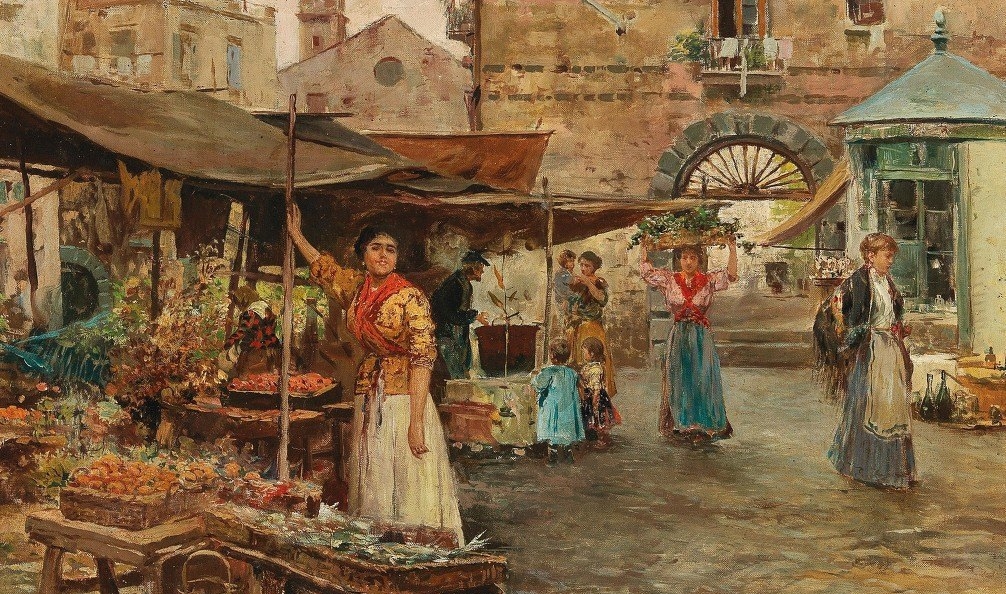The Bulgarian government banned the imports of twenty agricultural goods from Ukraine. This act and the related arguments for restricting free trade supported by the government, some politicians, media outlets, and interested businesses, show why the Institute for Market Economics has been debunking economic illusions and providing answers, in times of poor knowledge breeding poor policies, for more than 30 years.
And even if we briefly believed that our raison d’être so long after the collapse of the planned, centralized, and closed economy goes beyond the battle for accepting basic economic principles and that such discourses are from a bygone era, such initiatives show us otherwise.
Many great minds have written on matters like what motivates human action, how choice and exchange motivate economic decisions, how economies create value, and why free trade and competition benefit society. Many of their works can be found as physical copies in our library and the online options to read them are countless. Thinkers like Adam Smith, David Ricardo, Richard Cobden, and Frederick Bastiat have written a great deal on trade, barriers to it, and protectionism.
In the past, trade wars often evolved into heated conflicts and revolutions and the explanation is simple – the restriction or the heavy taxation over competition always leads to limited supply, higher consumer prices, and redistribution of welfare from the masses towards some elite group.
We know that lately politicians have been reluctant to publicly defend principles. Perhaps out of shyness or lack of confidence, or maybe even fear that they would be characterized as too ideological and dogmatic, they abstain from declaring a clear position.
Still, let us do this for them instead and have a look at some key points from the decision to illustrate how inadequate it is:
– Grain and sunflower seeds are strongly commoditized goods. Their prices are subject to global processes and not local taxes and restrictions. If our government thinks it can go toe to toe with global markets, we can only wish them valor and good luck!
– Bulgaria is a major net exporter of grain – production levels through the years have been four- or even fivefold the internal consumption. Under no circumstance can such a restriction match local consumers to producers while also leading to higher sales at higher prices on the internal market. In any case, revenues depend on exports and therefore on global demand and international prices. By the way, in the last 12 months, there have been almost no grain imports in the country.
– Even the interested parties, which otherwise support the barrier, often complain about prices and competition abroad. If that is the case, it seems they have calculated poorly – for example, that Ukraine would magically stop producing and selling agricultural goods to the global market. This hope of sky-high prices perhaps motivated the holding of higher inventories of unsold production last year. It would be good for these lessons to be learned – when one speculates on the global commodity markets, regardless of whether it comes to petrol, metals, or foods, they could both win and lose by a lot.
– There were indeed a lot of sunflower imports last year, but they have been entirely used for the production and export of oil, meaning that the internal market is insignificant here too.
In 2022 sunflower oil exports went up by 1,5 billion leva. Even if it is true that Ukrainian sunflower is cheaper than the Bulgarian counterpart, which has been debunked many times, the restriction on imports would only hinder the processing and export of oil. On the other hand, these amounts would be sold at some other place, so global prices would remain unchanged.
In the end, we need to also comment on the schizophrenic position of the government, which is both fighting high and low prices of the same category of goods. While in all of Europe, agricultural and energy prices are falling and this is making a difference for the end consumer, here we are observing persistence. Of course, it is never redundant to generally blame traders, resellers, and speculators.



